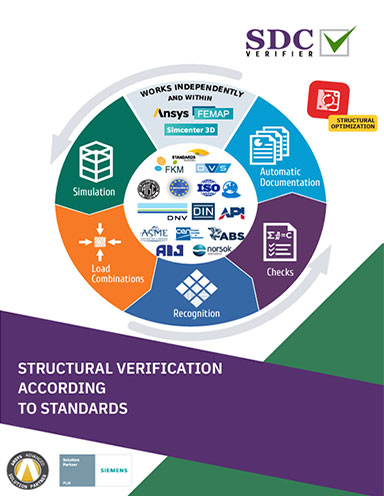Zemax 21.3 Supports Modeling Complex Geometries
OpticStudio 21.3 offers native non-sequential modeling of off-axis conic aspheric mirrors and support for cross-team collaboration with project-based archiving and a secure file format.

Zemax 21.3 release. Image courtesy of Zemax.
Latest News
September 28, 2021
Zemax releases its flagship software, OpticStudio, the OpticStudio STAR Module and OpticsBuilder. Zemax has delivered three major product releases in 2021, the first in January (21.1) followed by the May release (21.2) and now the September (21.3) release.
OpticStudio 21.3 Highlights
OpticStudio 21.3 includes native support for off-axis conic aspheric mirrors in non-sequential mode. Non-sequential support for off-axis aspheres, as well as for complex aspheres such as the Q-type asphere added in the 21.2 release, enables the as-built performance of systems using these “modern geometries” to be accurately characterized, allowing engineers to account for the impacts of realistic sources, stray light and opto-mechanics. Non-sequential support is also critical in supporting an integrated design workflow between OpticStudio, CAD and finite element analysis (FEA).
The company has upgraded the way to manage and archive OpticStudio project files. In the 21.3 release, there is support for a new capability called a Project Directory that simplifies sharing and collaborating on the hierarchy of files included in an OpticStudio design.
The Project Directory allows auxiliary files associated with the OpticStudio design to be stored in the same location as the OpticStudio file. While these auxiliary files will still be stored within a folder hierarchy, the hierarchy can be saved and shared within a single archive file and automatically reproduced when restoring the archive file.
OpticStudio STAR Module 21.3 Highlights
Earlier this year, Zemax introduced the OpticStudio Structural, Thermal, Analysis and Results (STAR) Module, which simplifies and streamlines workflows by allowing the import of finite element analysis (FEA) data sets into OpticStudio for native assessment of structural and thermal impacts on optical system performance.
With 21.3, the company has extended these capabilities. Users can now:
Load FEA data saved in any coordinate system. This capability enables users to use the STAR Module seamlessly with any FEA data regardless of the coordinate system in which it has been saved, even if that is not in the local or global coordinate system of the OpticStudio design.
Visualize magnitude vectors from surface deformations. We have added vector arrows to the deformation magnitude plot in System Viewer; you can now clearly see the direction of each deformation, and the vector length is shown as proportional to the impact.
OpticsBuilder 21.3 Highlights
The latest release of OpticsBuilder allows for modification of the position and orientation of Compound and Boolean optical components and lets users visualize sources and detectors in the graphics area of the user interface when these elements are selected in Optics Manager.
Compound and Boolean components are created from geometries that do not have a native non-sequential counterpart in OpticStudio, often for complex geometries such as mirrors with asymmetric or off-axis apertures. For sources and detectors, the OpticsBuilder UI now features “at a glance” aids in the OpticsBuilder UI that provide a visual reference for confirming the object users currently have selected.
The 21.3 release also includes a new SOLIDWORKS cell phone camera lens sample file that demonstrates the use of customized mounting edges for injection molded lenses. Customized edges reduce the overall size and weight requirements for an optomechanical design by enabling the lens to snap into the assembly without requiring additional mechanical components to hold it in place. New SOLIDWORKSsample files for a rifle scope, an ultra-short throw (UST) projector and the latest Heliar lenses are also included with this release.
Sources: Press materials received from the company and additional information gleaned from the company’s website.
Subscribe to our FREE magazine, FREE email newsletters or both!
Latest News
About the Author
DE’s editors contribute news and new product announcements to Digital Engineering.
Press releases may be sent to them via [email protected].





